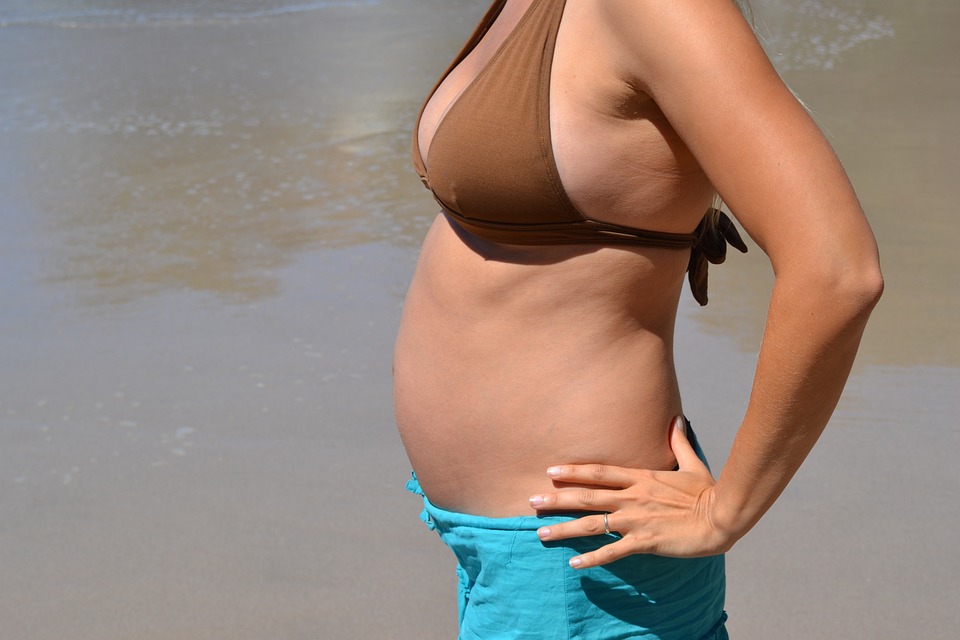
Proper nutrition is essential for overall health, but as a mom, it can be especially important to ensure you are getting all the necessary nutrients to support your busy lifestyle. From energy levels to immune function, the nutrients you consume play a key role in keeping you healthy and strong. In this article, we will discuss the top 5 essential nutrients every mom needs for optimal health.
1. Iron
Iron is an essential mineral that plays a crucial role in the production of red blood cells, which carry oxygen throughout the body. Iron deficiency is common among women, especially those who are pregnant or breastfeeding. As a mom, it is important to make sure you are getting enough iron in your diet to prevent anemia and maintain your energy levels.
Good food sources of iron include lean meats, poultry, fish, beans, lentils, and fortified cereals. Consuming vitamin C-rich foods, such as citrus fruits and bell peppers, can help enhance iron absorption. If you are struggling to get enough iron from food alone, you may consider taking an iron supplement under the guidance of a healthcare provider.
2. Calcium
Calcium is a mineral that is essential for building and maintaining strong bones and teeth. As a mom, it is important to get an adequate intake of calcium to prevent osteoporosis and support your bone health. Calcium is also important for muscle function, nerve transmission, and blood clotting.
Good food sources of calcium include dairy products such as milk, yogurt, and cheese, as well as leafy green vegetables, tofu, and fortified plant-based milks. If you are unable to meet your calcium needs through food alone, a calcium supplement may be beneficial.
3. Omega-3 fatty acids
Omega-3 fatty acids are a type of polyunsaturated fat that is essential for brain health and development. As a mom, consuming omega-3 fatty acids is important for both your own cognitive function and the development of your child’s brain. Omega-3 fatty acids have also been shown to have anti-inflammatory properties and may help reduce the risk of heart disease.
Good food sources of omega-3 fatty acids include fatty fish such as salmon, trout, and mackerel, as well as walnuts, flaxseeds, and chia seeds. If you do not consume enough omega-3 rich foods, consider taking a fish oil supplement to ensure you are getting an adequate intake.
4. Vitamin D
Vitamin D is a fat-soluble vitamin that is essential for calcium absorption and bone health. Vitamin D is also important for immune function and may help reduce the risk of certain chronic diseases. Many people, especially those who live in northern climates or spend limited time outdoors, are at risk of vitamin D deficiency.
Good food sources of vitamin D include fatty fish, egg yolks, and fortified dairy products. However, the main source of vitamin D is sunlight exposure, so it is important to spend time outdoors to ensure adequate levels. If you are unable to get enough vitamin D from food and sunlight alone, a vitamin D supplement may be necessary.
5. Folate
Folate, also known as folic acid or vitamin B9, is a water-soluble vitamin that is essential for DNA synthesis and cell division. Folate is especially important for women of childbearing age, as it is necessary for preventing neural tube defects in developing fetuses. Folate has also been shown to support healthy red blood cell formation and may help reduce the risk of heart disease.
Good food sources of folate include leafy green vegetables, citrus fruits, beans, and fortified grains. If you are pregnant or planning to become pregnant, it is important to consume adequate amounts of folate to support a healthy pregnancy. A folate supplement may be recommended by a healthcare provider to ensure you are getting enough.
In conclusion, as a mom, it is important to prioritize your nutritional needs to support your overall health and well-being. By ensuring you are getting adequate amounts of iron, calcium, omega-3 fatty acids, vitamin D, and folate, you can support your energy levels, bone health, brain function, immune system, and overall health. Remember to speak with a healthcare provider or registered dietitian before making any significant changes to your diet or supplement regimen.








